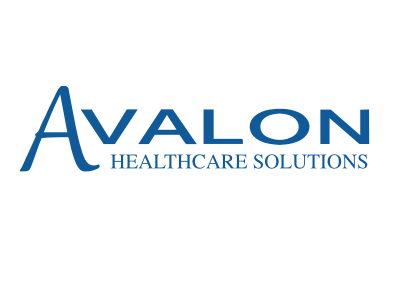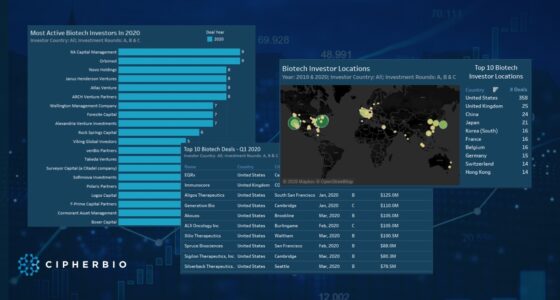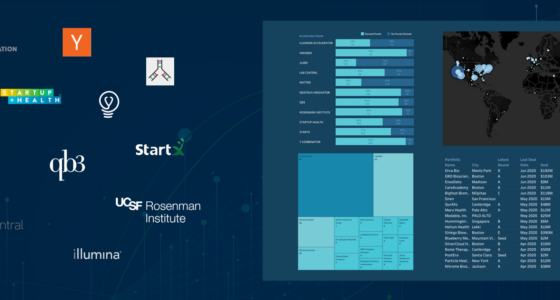A group of entrepreneurs have come together to form the Opioid Crisis Working Group to end addiction and the opioid epidemic. This is how they plan to achieve the health moonshot.
As an entrepreneur who spent my first career building mission-critical supply chain solutions, I understand the importance of getting the right product to the right location at the right time, as cost effectively as possible. Over the last 30 years a major shift has taken place in the supply chain from manufacturers “pushing” to consumers “pulling.” This seismic shift forced supply chain collaboration and the connecting of multidisciplinary systems, with a focus on improving quality and delivery outcome, while driving inefficiencies and cost out of the system. We’ve watched in amazement as collaborative logistics streamlined everything from Walmart to Amazon to Uber.
Unfortunately, some of the most friction-filled areas of our society have yet to undergo this transformation. One such harrowing space is the opioid epidemic – the deadliest drug crisis in American history. Imagine if Amazon or Walmart didn’t have visibility into where your package was, yet you still paid for it. One thing is for certain: you and the Better Business Bureau wouldn’t stand for it. But the friction that’s slowing down our progress fighting addiction is starting to go away, thanks to a group of dedicated changemakers. Today, a multidisciplinary group of entrepreneurs have come together to form the Opioid Crisis Working Group (OCWG) to end addiction and the opioid epidemic (one of StartUp Health’s health moonshots).
This group includes companies across multiple related industries including Sen-Jam Pharmaceutical, Personal Remedies, and Sage Surfer.
The OCWG is on a mission to develop an evidence-based, end-to-end solution set of products and services that will stop the cycle of addiction by focusing on the whole person: biology, pharmacology, psychology, and sociology. It is this mission that unites the members of the OCWG to complete the continuum of care puzzle. By focusing on the needs of the whole person throughout the continuum of care, we can improve individual outcomes, rid society of this crisis, and achieve our moonshot.

The OCWG believes that positive change can only happen when the many facets of the cycle of addiction are addressed. No one solution is a silver bullet, but an elegantly orchestrated system of service can have the impact required. In short, caring for the whole person is essential if we are to truly turn the tides on addiction.

In 2017, more than 47,000 people died of opioid-related deaths. It was the leading cause of death in people under 50 years old and the cause for a decrease in life expectancy for a third year in a row. In November 2017, the Council of Economic Advisors published a report estimating that in 2015, the economic cost of the opioid crisis was $504 billion or 2.8% of GDP that year. With numbers so large (and outdated), and a crisis so staggering, we need to use the tools that have disrupted other industries and apply them to the current opioid epidemic. Having more accurate and timely data will lead to further innovation and investment, bringing an end to the opioid crisis.
The OCWG’s momentum is already building. Members of the OCWG have formed a relationship with an outpatient facility to provide a mobile application for their clients (patients). This mobile application will help the outpatient facility better manage their business and provide a higher level of interaction with their clients. The data collected will allow us to measure against desired outcomes and provide a means for constant improvement. Another group of members is sharing technology in order to provide nutritional data via an API to a recovery platform whose clients will receive targeted evidence-based dietary suggestions based on their health conditions.
But this collaboration needs to get much, much larger. I believe that current efforts to solve the opioid crisis are only addressing the symptoms and we need to move upstream and start addressing the problem with a long-term comprehensive plan. This shift could occur by opening up a Wikipedia page or interactive website for knowledge sharing, collaboration, and as our means to communicate the latest evidence-based findings to interested parties around the world. In addition, the creation of “tax exempt opioid crisis bonds” could unite the country for a common cause and be the catalyst for spurring innovation and investment for entrepreneurial groups like the OCWG, where early-stage investment is almost nonexistent!
Need an economic argument to invest in fighting the opioid epidemic? Currently, the U.S. labor participation rate (eligible workers between the ages of 16-64) is down 10M+ people partly due to the opioid crisis. Reversing this trend would not only restore dignity and hope to those who have lost their way by getting them back to work, but it would also significantly increase the federal and state tax revenue base.
The lessons learned here can lead to other groups collaborating and sharing best practices. Gaining clarity, by seeing beyond the noise, and turning data into actionable knowledge can lead to constant improvement and illumination of the solution. Working together we can end addiction and the opioid epidemic.
[/mpf_col] [/mpf_row]




